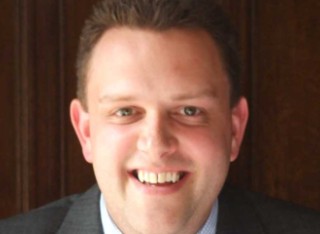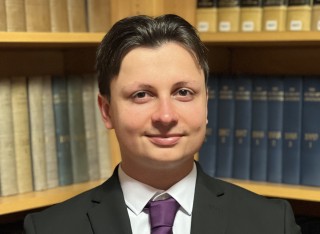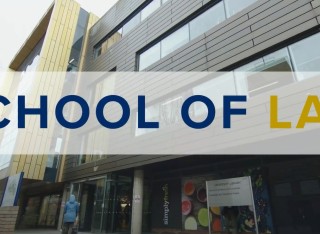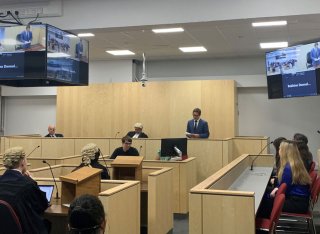
Professor Bebhinn Donnelly-Lazarov
About
Biography
Bebhinn joined Surrey Law School in September 2017, and served as head of school from 2021 - 2024. She became Head of the School of Social Sciences at its inception in August 2024. Bebhinn is a graduate of Trinity College Dublin (where she was an exhibitioner), The Inns of Court School of Law, and Birmingham University. She is a member of Middle Temple and the Bar of Northern Ireland. Bebhinn's legal research has a philosophical focus, where the aim is to elucidate law's underlying concepts and normative rationales. Her approach to teaching also embeds this conceptual ambition. Current research focuses on the meaning and nature of action in law, and on the relationship between consciousness and human responsibility.
News
ResearchResearch interests
Bebhinn's enduring research interests are in jurisprudence and criminal law theory. Her book on criminal attempts, published by Cambridge University Press in 2015, is structured around an Anscombian account of intentional action. Recent and ongoing work explores our understanding of the mind and considers its implications for criminal responsibility, mens rea, omissions, and for defences. Bebhinn has begun to write a book on law, knowledge and consciousness.
Research interests
Bebhinn's enduring research interests are in jurisprudence and criminal law theory. Her book on criminal attempts, published by Cambridge University Press in 2015, is structured around an Anscombian account of intentional action. Recent and ongoing work explores our understanding of the mind and considers its implications for criminal responsibility, mens rea, omissions, and for defences. Bebhinn has begun to write a book on law, knowledge and consciousness.
Teaching
- Criminal Law.
Publications
A natural response to those who commit offences in highly disordered mental states is to consider that they did not know what they were doing at the time. This common response is compatible with the theoretical idea that in states of sane or insane automatism, self-awareness is lost, and our agential connection to our capacities breaks down. It is also consistent with a philosophically coherent grounding for exculpation in such cases, one based on the absence of non-observational knowledge, and on the defeat of agency that flows therefrom. The theoretical good sense in our natural response to affected agents (they did not know what they were doing!) reveals problems in the current law of automatism, and illuminates a more apt defence.









